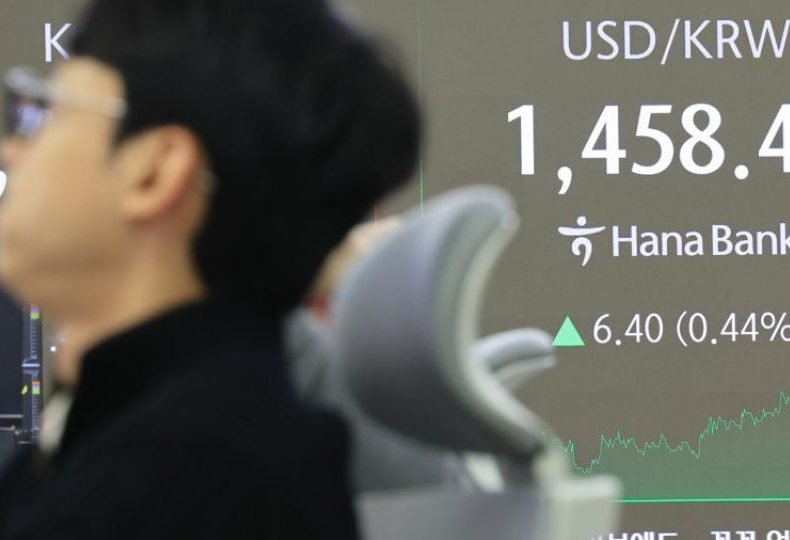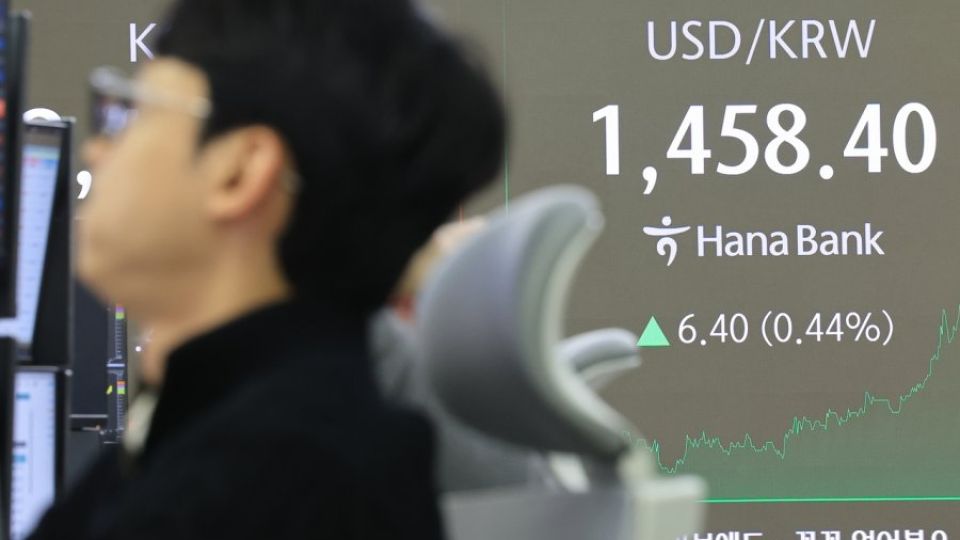
Korean Won Hits Historic Low Amid Economic Uncertainty

Korean Won Hits Historic Low Amid Economic Uncertainty
The Korean won has sunk to a historic low, marking a significant milestone in South Korea’s economic struggles. This sharp decline in the won’s value reflects broader concerns about the country’s economic health and its future outlook. The drop in the won’s value has stirred anxieties in both local and international markets.
For years, the Korean won has experienced fluctuations due to various factors. However, this recent plunge to a historic low has caught the attention of economists and investors. Many are now questioning the sustainability of South Korea’s economic growth in the face of this unsettling currency shift.
Reasons Behind the Korean Won’s Decline
Several factors have contributed to the Korean won’s historic low. The global economic slowdown, combined with domestic issues, has put significant pressure on South Korea’s currency. The rising interest rates in major economies, such as the US, have also made it more challenging for the won to remain competitive.
Additionally, South Korea’s trade imbalances and declining exports have weakened the country’s economic position. The country’s reliance on external markets for economic stability has made the won particularly vulnerable to global trends.
Impact of the Historic Low on the Economy
The decline in the Korean won’s value has wide-reaching consequences for the economy. A weaker currency increases the cost of imports, making everyday goods more expensive for South Koreans. This affects everything from fuel prices to consumer electronics, which the country relies on heavily.
Moreover, South Korea’s manufacturers, who depend on global trade, are now facing higher costs. As a result, they may need to raise prices or absorb the losses, both of which could lead to reduced consumer spending and slower economic growth.
Government and Central Bank Response
In response to the historic low of the Korean won, South Korean authorities have taken several measures to stabilize the situation. The Bank of Korea has hinted at potential intervention strategies, including currency support or adjusting interest rates to manage the effects on the broader economy.
The government has also called for greater economic reforms, emphasizing the need for diversification of exports and bolstering domestic industries. These measures aim to reduce South Korea’s dependency on external factors and strengthen the country’s financial resilience.
Global Repercussions and Market Sentiment
The Korean won’s plunge has had a ripple effect on global markets. Investors are now more cautious about the future of South Korea’s economy, and this has led to increased volatility in foreign exchange markets. As the won continues to struggle, South Korean stocks and bonds are also facing downward pressure.
Furthermore, the weakened won could affect South Korea’s competitiveness in international markets. While cheaper exports might initially seem like an advantage, the long-term impact of the currency’s instability may make foreign investors hesitant to place their bets on the country.
Conclusion: The Road Ahead for South Korea’s Currency
The recent historic low of the Korean won highlights the challenges South Korea faces as it navigates a turbulent global economic landscape. While efforts are underway to stabilize the situation, the country’s future economic prospects remain uncertain. In the coming months, all eyes will be on the government and central bank as they try to restore confidence in the won and safeguard South Korea’s economic stability.